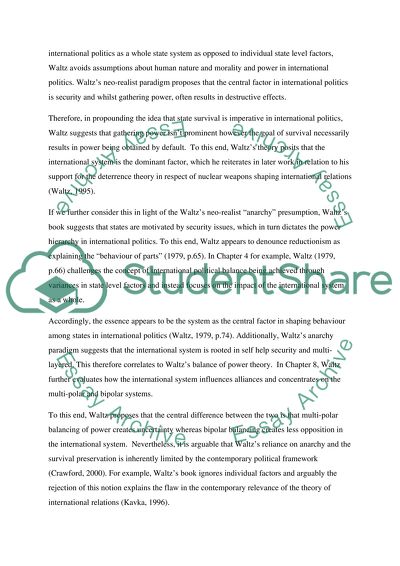Cite this document
(Research Methods In International Politics Essay - 4, n.d.)
Research Methods In International Politics Essay - 4. https://studentshare.org/politics/1574694-research-methods
Research Methods In International Politics Essay - 4. https://studentshare.org/politics/1574694-research-methods
(Research Methods In International Politics Essay - 4)
Research Methods In International Politics Essay - 4. https://studentshare.org/politics/1574694-research-methods.
Research Methods In International Politics Essay - 4. https://studentshare.org/politics/1574694-research-methods.
“Research Methods In International Politics Essay - 4”. https://studentshare.org/politics/1574694-research-methods.


